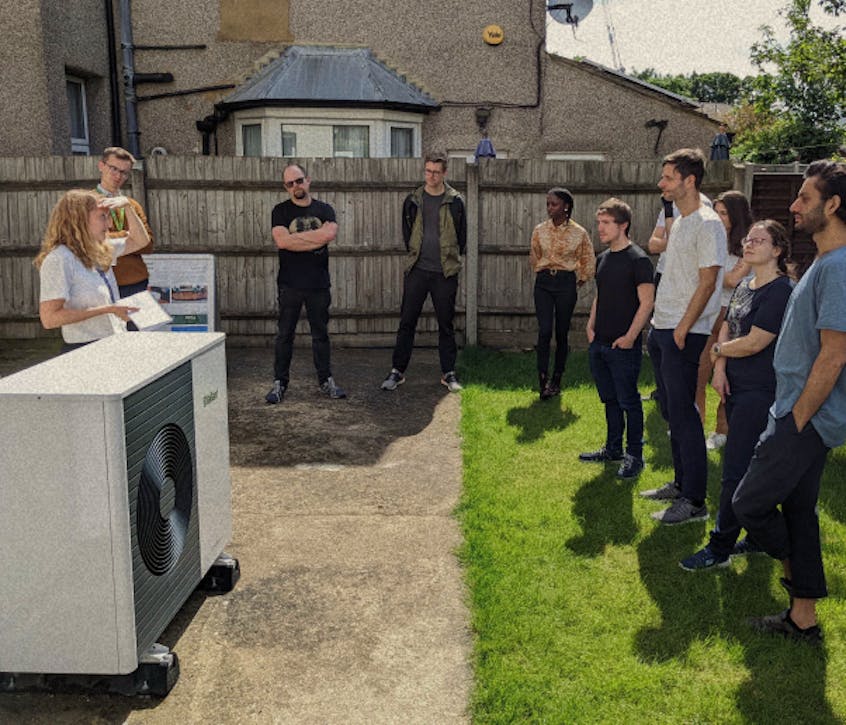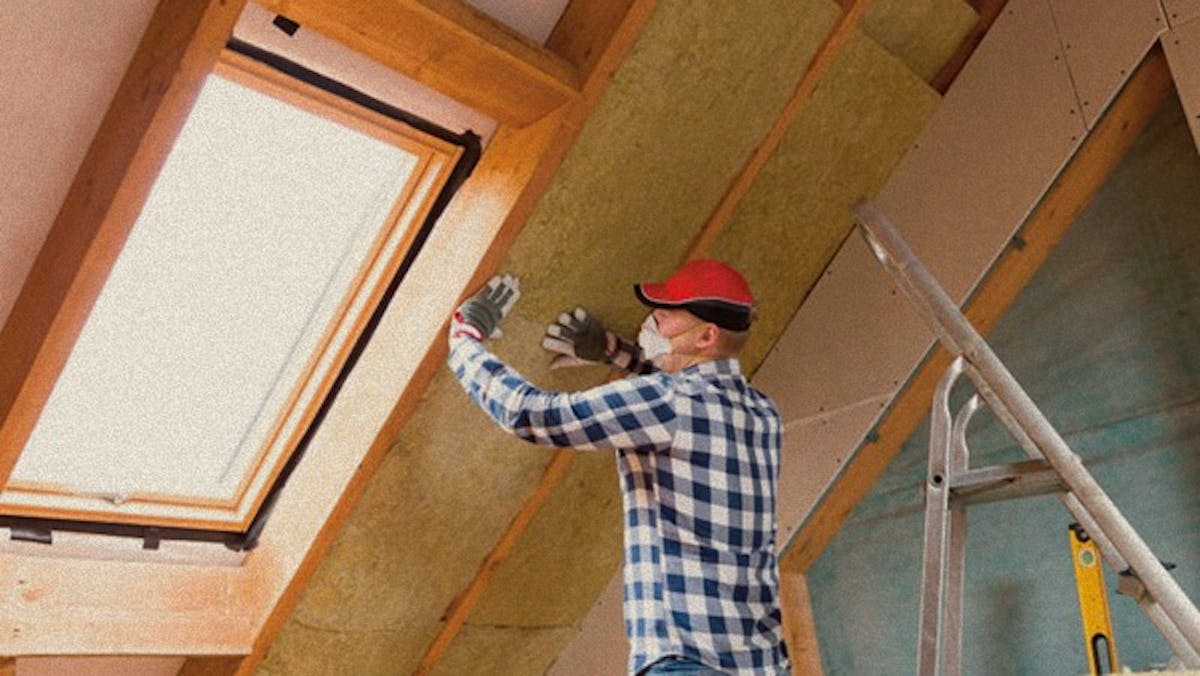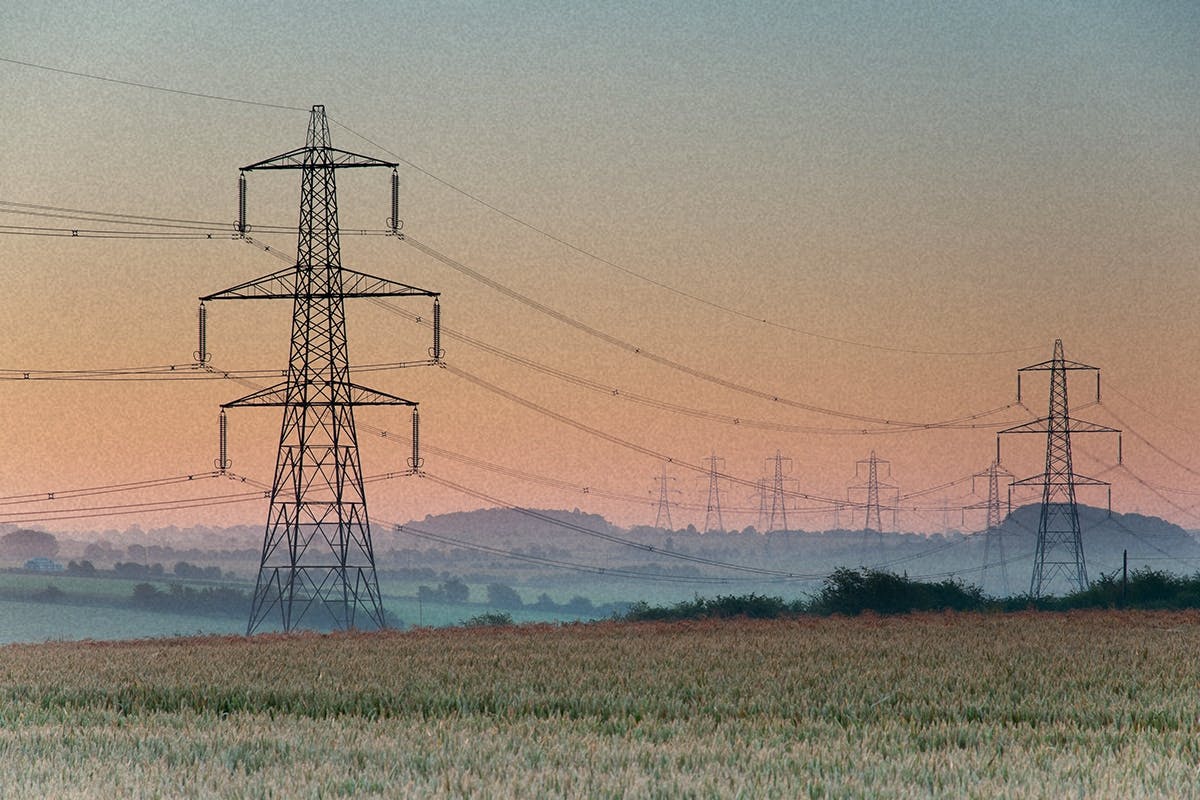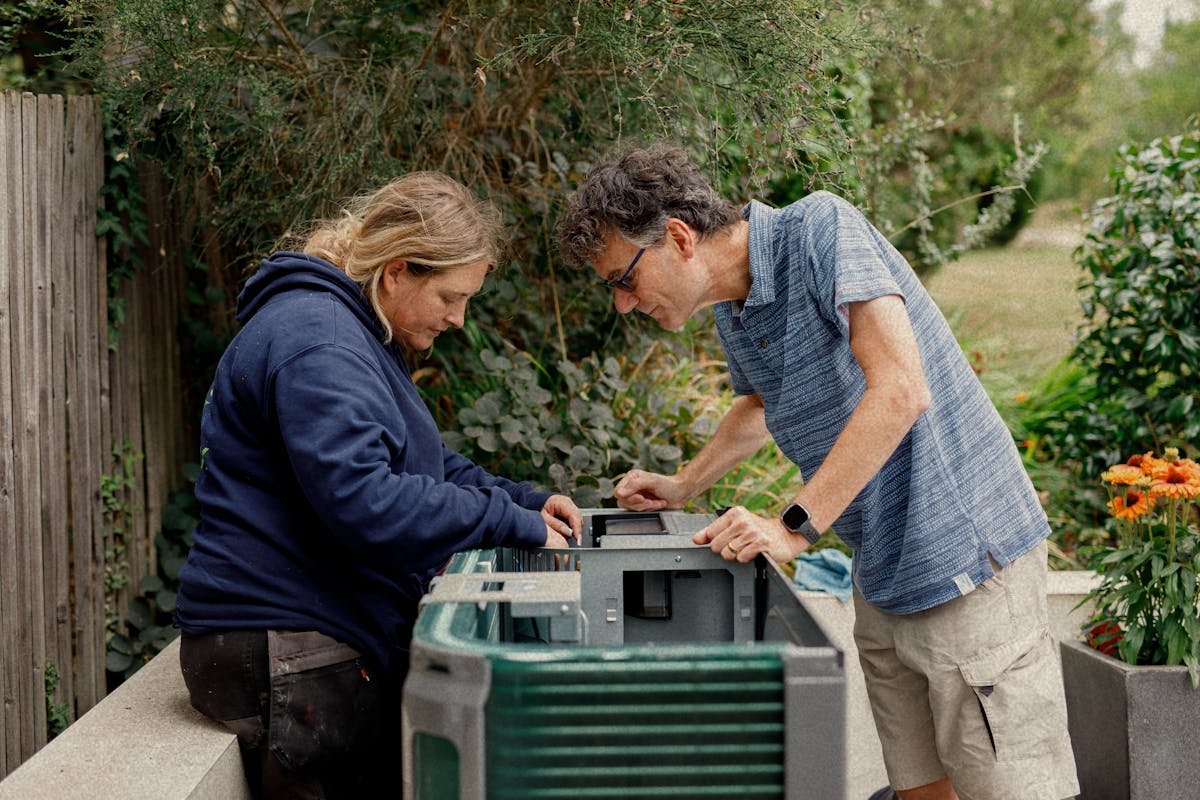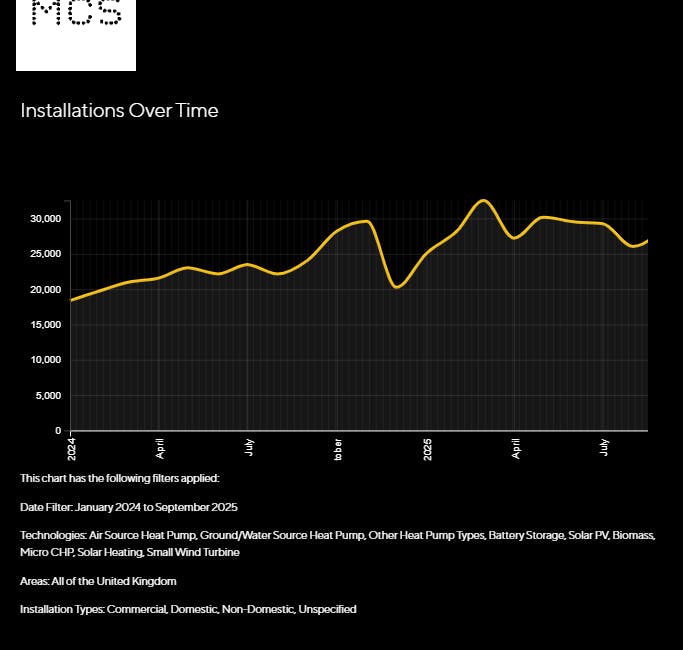
Almost four years ago to the day, the Conservative Government published its Heat and Buildings Strategy - the first comprehensive attempt to make real progress on decarbonising heat in homes and buildings. Yet, four years on, domestic heating and hot water still account for over 20% of the UK’s carbon emissions.
That’s why the Labour Government's Warm Homes Plan is such a vital refresh: the roadmap to finally achieve warm, green homes at scale. It speaks directly to Labour's mission of tackling the cost-of-living crisis while cutting emissions. It should set the direction of travel, helping consumers understand why they need clean heat technologies and how these can keep them warm, lower their bills, and deliver the benefits of the energy transition.
Where are we now?
The 2021 Strategy marked the UK’s first major commitment to heat pump deployment, setting an ambitious target of 600,000 installations a year by 2028. Momentum is building as first movers take up heat pumps.
The latest Energy Company Obligation scheme round (ECO4) installed two gas boilers for every heat pump, demonstrating a clear mismatch between policy and technology that undermines our decarbonisation goals.
Source: Ofgem Energy Company Obligation Public Reports and Data
However, we remain well short of the Climate Change Committee’s Seventh Carbon Budget pathway of 450,000 heat pump installations each year by 2030. The Warm Homes Plan, backed by £13.2bn of investment and championed by a new Energy Consumers Minister, offers the chance to close that gap.
What do we need?
Bravery on tough choices
A recent survey from Luthmore, who manufacture a battery-powered combi boiler, showed that more than half the public remain confused about the gas boiler phase out - four years after the Conservative pledge to end new gas boiler installations by 2035. [3]
But with UK electricity costs still among the highest in the world, clean heat remains a hard sell. The reality is that whilst energy costs are still high, consumers are unlikely to spend more on upgrades. Until the Government tackles the hard decisions to make clean heat an affordable reality, we can’t expect households and businesses to make them either.
Coordination and delivery
The UK has strong schemes - the Social Housing Decarbonisation Fund, the Boiler Upgrade Scheme, ECO - but they’re working in silos. A Warm Homes Plan should bring them together: a clear framework that sets standards and gives local authorities and suppliers the resources to deliver.
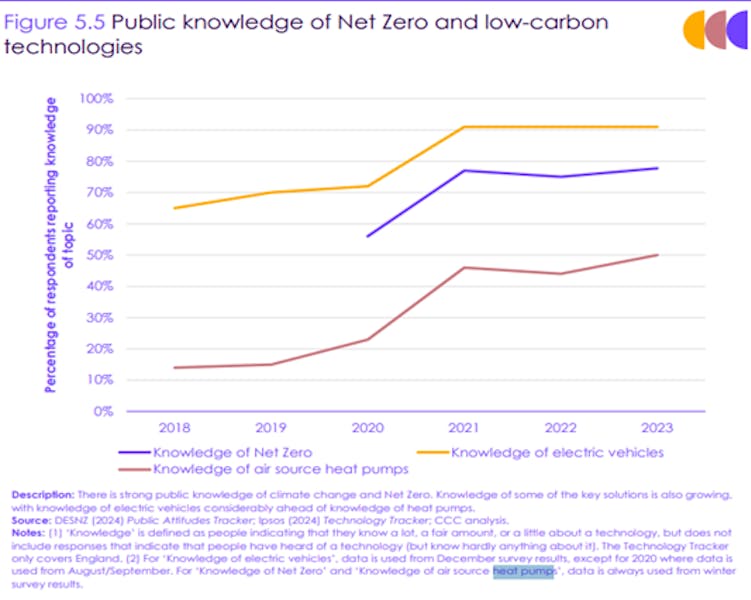
Communication and public knowledge
Public confusion is one of the biggest barriers to progress. A Warm Homes Advice Service could be a game-changer, but only if people know and trust it. Clear, joined-up messaging - from government, local authorities and installers – needs to show households that low-carbon technology is a pathway to lower bills and energy independence.
Real stories matter too: neighbours learning from neighbours – the 'social circle effect' to drive uptake - as projects like Nesta’s ‘Visit a Heat Pump’ demonstrate. [4]
Regulation for growth
From Kensa Heat Pumps in Cornwall to tepeo’s heat battery factory in Berkshire, innovators are already delivering. Government now needs a policy and regulatory framework that unlocks innovative technologies suited to the range of UK homes. This certainty will give companies confidence to invest, manufacture, and create thousands of the green, secure, high-skilled jobs that Labour promised.
The Warm Homes Plan isn’t just a policy announcement, but a litmus test of what the Government has learnt from past lessons in how it communicates with the public on energy bills, tackles fairness, and delivers a cheaper, greener future.
References
[1] MCS Certified (2025) 'Record number of renewables being installed into UK homes', 7 August. Available at: https://mcscertified.com/record-number-of-renewables-being-installed-into-uk-homes/ (Accessed: 14 October 2025).
[2] MCS Certified (2025) The MCS Data Dashboard. Available at: https://datadashboard.mcscertified.com/InstallationInsights (Accessed: 14 October 2025).
[3] Energy Live News (2025) 'Consumer confusion on boiler phase out', 6 October. Available at: https://www.energylivenews.com/2025/10/06/consumer-confusion-on-boiler-phase-out/ (Accessed: 14 October 2025).
[4] Climate Barometer (2025) Survey: Knowing someone with a heat pump increases support. Available at: https://climatebarometer.org/survey-what-impacts-support-for-low-carbon-heating/ (Accessed: 14 October 2025).
